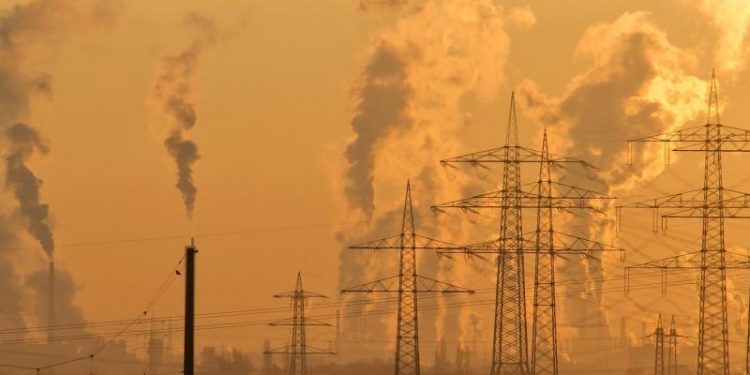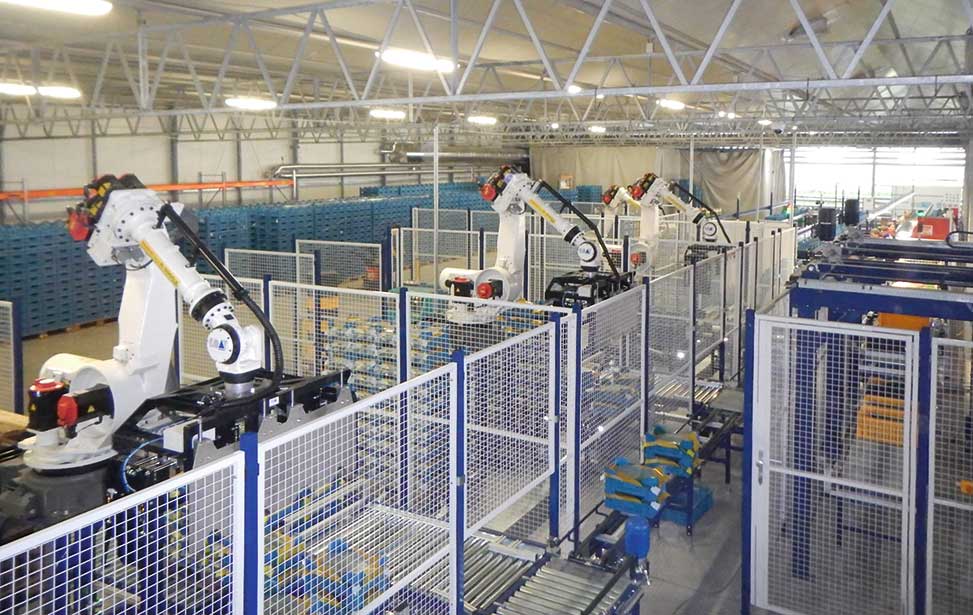The agricultural sector faces both unprecedented challenges and exciting opportunities as it navigates the impacts of climate change driven by greenhouse gas emissions. Entrepreneurs and investors seeking to engage in this critical industry must understand the scientific, environmental, and economic dynamics at play to make informed decisions that promote sustainability and profitability.
Greenhouse gases (GHGs) in the atmosphere, including carbon dioxide (CO2), methane (CH4), and nitrous oxide (N2O), trap heat from the sun and contribute significantly to global warming. Human activities have accelerated the concentration of these gases, leading to an enhanced greenhouse effect that drives climate change. According to the World Meteorological Organization (WMO), CO2 levels in 2021 were 149% higher than pre-industrial levels, with human activities responsible for a significant portion of these emissions.
The agricultural sector is both a contributor to and a victim of climate change. Activities such as rice cultivation, livestock farming, and the use of synthetic fertilizers increase the levels of methane and nitrous oxide in the atmosphere. Concurrently, changing weather patterns and more frequent extreme weather events threaten crop yields and food security. Entrepreneurs in agriculture must therefore adopt innovative practices to mitigate these impacts while enhancing productivity.
One promising avenue is the development and implementation of sustainable farming practices that reduce GHG emissions. This includes precision agriculture, which uses technology to optimize field-level management concerning crop farming. By employing data analytics and satellite imagery, farmers can better manage their inputs, reduce waste, and lower their carbon footprint. Additionally, regenerative agriculture practices that focus on soil health, such as crop rotation, cover cropping, and reduced tillage, can enhance carbon sequestration and improve resilience to climate change.
Investors can play a pivotal role by funding startups and established companies that are pioneering these sustainable practices. Technologies that improve water efficiency, such as drip irrigation and drought-resistant crop varieties, are also crucial in regions facing water scarcity. Investment in renewable energy sources for agricultural operations can further reduce GHG emissions and enhance the sustainability of the sector.
Moreover, the integration of greenhouse gas monitoring and reporting tools is essential for measuring the effectiveness of these sustainable practices. The WMO’s Global Atmosphere Watch (GAW) program provides valuable data on GHG concentrations, aiding policymakers and stakeholders in assessing progress towards climate goals. The program’s comprehensive data collection and analysis facilitate the identification of trends and the formulation of strategies to address the environmental impacts of agriculture.
To ensure long-term success, businesses must also engage in policy advocacy and collaborate with governments and international organizations. This can help in the development of supportive regulatory frameworks and incentives for sustainable agricultural practices. By aligning business strategies with global climate goals, the agricultural sector can contribute significantly to mitigating climate change while ensuring food security and economic growth.










